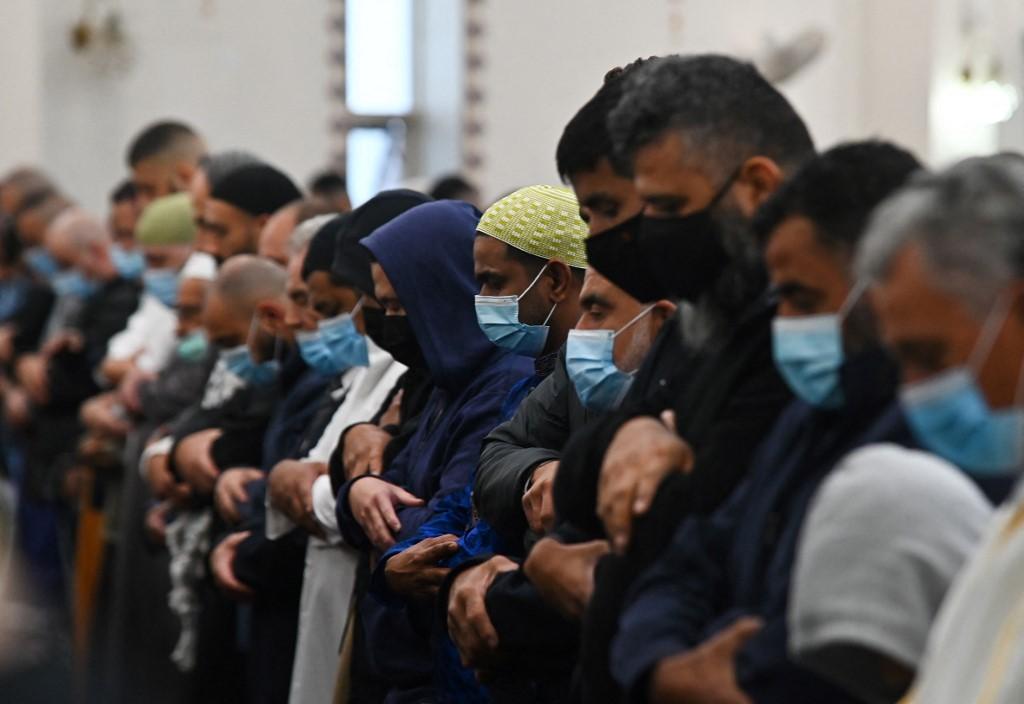Malaysian Muslims in Australia make lockdown sacrifices for Eid
This year, the 250,000 Muslims in the greater Sydney region will be confined to their own homes with no visitors allowed.
In the days leading up to Eid, the Malek family usually has a lot to do. The household is busy cooking traditional Malaysian dishes and preparing to host Sydney’s Malaysian community in their Lakemba suburban home, south west of the city.
In any other year, hundreds of family friends sporting their baju Melayu and baju kurung would stop by the Maleks’ place.
But not this year, reports ABC News. This year, the 250,000 Muslims in the greater Sydney region will be confined to their own homes with no visitors allowed.
“For over 40 years our Eid is usually so busy,” says Tahsin Malek. “But this year, to keep the tradition alive, we’ll prepare nasi lemak, colour coordinate our outfits and have a little prayer at home.”
Many were hopeful they’d be out of lockdown by Eid on Tuesday, but stay-at-home orders have been extended until at least the end of the month.
Lakemba Labour MP and devout Muslim Jihad Dib says, “It’s going to be the first Eid in my life I don’t hug and kiss my mum and dad.”
But he says the Islamic tenet of placing community interests over individual desires means everyone understands.
“Eid is an occasion about sacrifice, so we are asking people to sacrifice their social interactions for the greater good, and that way they are actually practising their faith,” Dib says.
The country’s largest mosque in Lakemba won’t be shutting down the streets as usual for its large congregational prayer. Instead, the sermon will be streamed online.
Eid usually injects millions of dollars into the economy and many family-run businesses will now be hurting, Dib says.
Modest fashion label Hijab House made the difficult decision to shut its two Sydney shops to prioritise the safety of customers and staff. But it has come at a devastating cost.
Eid al-Adha would normally be the business’s busiest period. Wearing new clothes at Eid is an important tradition as a new Eid outfit represents renewal and a fresh beginning as Muslims prepare to begin a new Islamic calendar year.
It takes Hijab House six months to manufacture a collection of women’s Eid clothing. Director Tarik Houchar is worried he will have to sell his products at below cost price.
He also feels the NSW Government has not given retail shops like Hijab House enough direction.
Despite the pressure on businesses, isolation of families and general stress of the lockdown, there is a strong sense of hope and support shining through the Muslim community, with many striving to make the best of a frustrating situation.
29-year-old Hawraa Kash won’t be able to embrace her loved ones this Eid. Instead, she’s locked down in her apartment in the Sydney suburbs where she lives alone. Her immediate family live in Wollongong and distant Melbourne.
Usually, Hawraa relies heavily on the Eid celebrations to connect to her religion. But this year, she’s worried that the sense of occasion and connection has been disrupted.
“The most benefit we reap from our faith is when we do things in a community,” she says. “There’s a lot of things that I won’t be able to do – like praying Eid, wishing someone else goodness, and putting on nice clothes.”
Still, she’s trying to take the challenge in her stride.
“I’m grateful to be alive in God’s presence,” she says. “I will make sure I do some worship and take a moment to acknowledge the day.”
Subscribe to our newsletter
To be updated with all the latest news and analyses daily.
